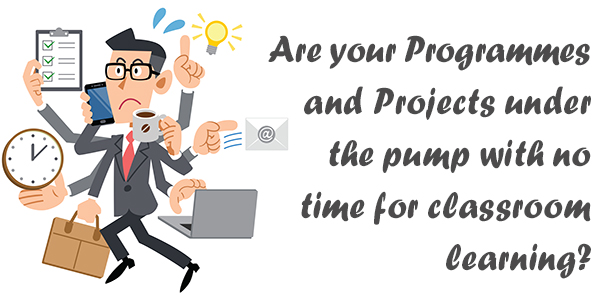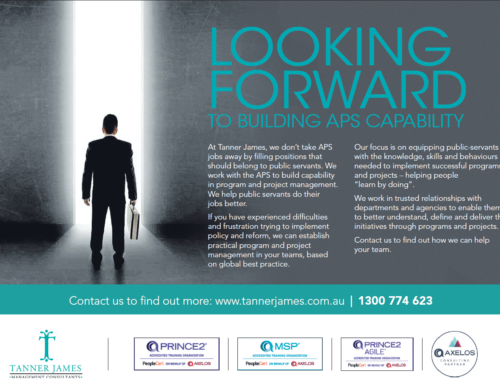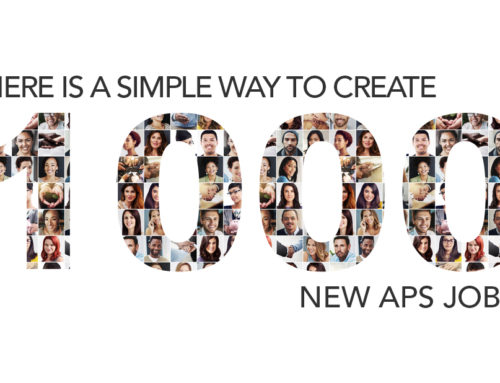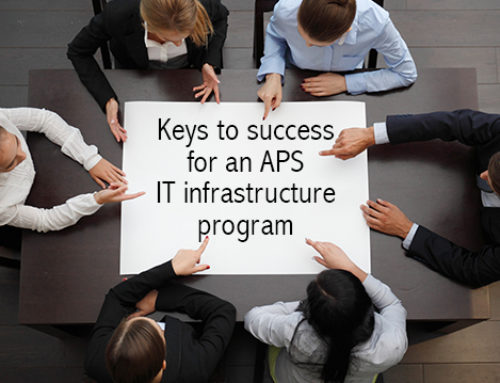Workplace learning is a way to learn PPM methods and improve the time available for management
In my previous blog “How to get Beyond Training & Templates” I introduced some of the considerations associated with learning programme and project management methods such as MSP® and PRINCE2®. I pointed out that there are many (at least 10) levels of PRINCE2 qualification, and that there are different levels of learning needed, ranging from just having knowledge to professional practice that requires specialised skill and years of experience.
Having a qualification is one thing, but developing the knowledge and experience required to competently perform a role is another. The challenge is further exacerbated because the modern learner has little or no capacity to attend classroom training that takes them out of the workplace for days at a time.
So what can you do when your programmes and projects are under the pump and the key players have no time for classroom learning?
Well, the answer lies in turning the question round: move the learning from the classroom to the workplace, and remove the time issues for the key players.
Sounds simple right? Actually it is simple, but there a few principles you need to take into account.
Match the learning to suit the different types and levels of learning each role requires
The first thing to consider is what types of role need PPM learning. This is an over-simplification, but a good start point is to consider four primary roles – the PMO, the project manager, sponsors/executives and others involved in programmes and projects.
PMO staff must have the highest level of competency among their peers. As I said in my previous blog, I think a high level of learning [“Learning Level 4 – Analysis (using)”] should be the “minimum standard” for all PMO staff who support frameworks – and for the key one or two SES officers directly above them in the hierarchy. Why? Because their colleagues must see them as credible, and able to provide sound advice and services that are highly valued. If they don’t meet this criteria, your PMM approaches are likely to remain as unused “intranet-ware”. Pick the right PMO people to begin with and then invest in them (in my personal opinion this is why you should choose employees not contractors).
Project Managers also need a high level of competence. Not just in PPM frameworks, but also in “soft” skills such as leadership and communication. They need not only to know how to apply their knowledge of frameworks such as PRINCE2, but they need to know how to do so in the context of their project. This requires considerable understanding of the agency – its structure, core business, key relationships and corporate services etc. Even a highly skilled and experienced project manager has an enormous amount of learning to do for each project they manage. For this reason I believe you must design your learning to ensure it is delivered in bite-sizes pieces, in a way they can consume it, when they need it.
Sponsors/Executives in Australian Government Programmes and Projects are often SES officers. Typically they are time poor, have multiple competing priorities and issues to deal with and often come from a policy background with little or no exposure to PPM frameworks. In my experience PMOs and managers who “tell” SES officers they must do this or must do that have little success. Executives will only engage – and rightly so – if they see why they need to do so. Once they have engaged their learning must be delivered in a way that is very specific to their role in a programme or project, and in a time, place and manner that suits them. That might mean very early or very late, in their office, and one-on-one or in small groups. And be prepared to postpone – the Minister will always take precedence over your PPM learning session!
Others involved in programmes and projects are often overlooked. What about project team members who work on the project, not necessarily the core team, but other stakeholders who will be involved such as regional users? If they don’t understand the part they play or the management language you are using their contribution is likely to be greatly diminished, with a detrimental impact on the project. You should also consider others outside the project environment but who will be exposed to the disciplines involved in some way – such as Executive Assistants who support sponsors, internal auditors, people in other central support roles such as finance, HR, communications or contracting. People in these other roles should at least have a basic understanding of the key facts, terms and concepts which will impact them in their job.
Deliver the learning when people need it and are available
People who attend a mainstream course such as a PRINCE2 Foundation often do so without consideration of when they will need to use what they learn. An individual may be attending because they have been given a project to run; but do they realise that while the knowledge they acquire on the first day will be put to immediate use, most of what they cover on the last day may be of no value for another 18 months?
Surely it is better to consider the likely lifecycle of the programme/project, and time the learning to match. So for example, managers learn about initiation and the associated themes when they are about to undertake initiation, they learn about stage boundaries when they are about to encounter one, and they learn about project closure near the end of the project.
Availability is also a key consideration for PPM learning. Agencies who arrange training and individual course participants tell us that some times they are unable to undertake training that runs over multiple days – there are a variety of reasons why this might be the case. It might not be possible to have the whole team “offline” simultaneously, there might be other tasks which cannot wait more then 24 hours, or people might work part time and not be able to attend for consecutive days. People who work part-time might also have difficulty attending a regular 9am-5pm session, because their working hours and personal commitments are arranged on working a shorter day, e.g 10am-3pm. You must ensure that your PPM learning is delivered in a way that caters for such participant availability.
Make the learning relevant and practical
Once you have worked out who needs what type of learning, and timed it to match the programme/project lifecycle and participant availability, there is one more principle to observe: make the learning relevant and practical.
Delivering the learning by role is the essential ingredient here. To make group learning relevant you must ensure that for you have the right blend of learners in the room. There are different ways to approach this, such as all the people from one Division, all the people from one project etc. What you should try to avoid is having “odd one out”, for example running a session on project initiation where there are 9 highly experienced project managers running complex IT projects, and 1 new policy person who has never managed a project before.
To make the learning practical you must try to the maximum degree to allow participants to discuss and practice application of the learning to their own programmes/projects during and/or immediately after the learning. For example when it comes to exercises, don’t use case studies based on a fictional scenario that relate to a private sector example, because participants will not identify with the example; instead use the actual programmes/projects on which participants are working as case studies. In this way the exercises undertaken are not simply “practice sessions”, rather they become part of the actual management activities that need to be performed anyway. When done properly this means that the learning time becomes management time that is spent the optimal way. In this way your organisation kills two birds with one stone: equipping staff with the PPM learning they need, while at the same time undertaking high quality programme/project management activities such as planning that often don’t get the attention they deserve.
If you would like to know more about how to enhance your management maturity by implementing frameworks such as MSP and PRINCE2 in practical ways, please give us a call on 1300-774 623 or drop me a line at john.howarth@tannerjames.com.au.






Leave A Comment